#supernatural literature
Text
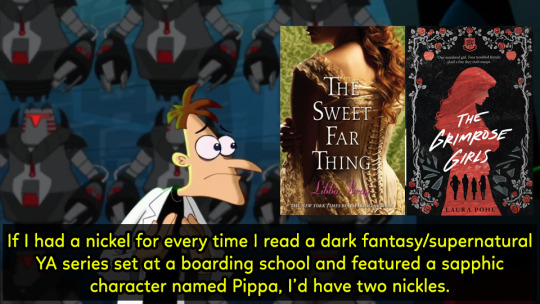
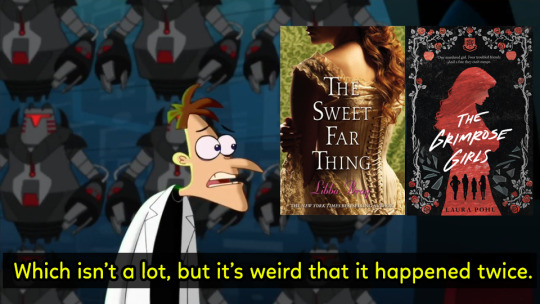
Made a startling revelation about two books I read recently.
#ya literature#dark fantasy literature#supernatural literature#libba bray#gemma doyle series#the sweet far thing#laura pohl#the grimrose girls
2 notes
·
View notes
Text
Dracula und sein Schatten

Stoker porträtiert Dracula in seinem gleichnamigen Roman als ein Wesen, das keinen Schatten wirft.
Und doch ist er umgeben von ihnen: Vor allem bei Jonathan Harkers Ankunft in Transsylvanien und im Schloss des Grafen beschreibt Stoker eine Welt voller Schatten, Dunkelheit und Zwielicht, die die bedrückende und bedrohliche Atmosphäre unterstreichen, der Harker ausgeliefert ist. Noch mehr löst der fehlende Schatten seines Gastgebers Misstrauen und Unbehagen in ihm aus.
Der junge Anwalt, der sonst rational handelt und von Regeln und Ordnung überzeugt ist, zweifelt allmählich an der Realität und an den Naturgesetzen seines vertrauten Weltbilds. Harker starrt immer eindringlicher auf seinen eigenen Schatten, um sich zu versichern, dass die gegebenen Naturgesetze noch gelten.
Diese Zweifel an der Logik und der Aufrechterhaltung der bekannten Normen sind eine übliche Methode der Schauerliteratur und übernatürlichen Literatur, um Spannung zu erzeugen.
Durch seinen fehlenden Schatten rückt Dracula in den Raum des Übernatürlichen und Unmenschlichen und positioniert sich als das bedrohende Andere. Dadurch scheint er für Harker nicht greifbar und keine reale Person zu sein; aber auch für Leser:innen, für die ja dieselben Gesetze gelten wie für den Protagonisten.
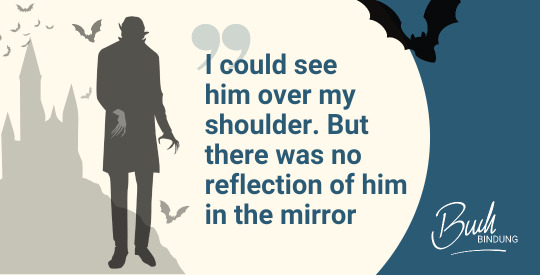
Ebenso besitzt Dracula keine Reflektion im Spiegel, die normalerweise identitätsstiftend ist: Der Graf scheint ohne Schatten und ohne Reflektion kein eigenes Selbst zu besitzen.
Das wird auch in seinem bestialischen Verhalten deutlich, wenn er das Blut seiner Opfer trinkt, sich die Identitäten der Menschen einverleibt, um selbst zu überleben - zu existieren.
Obwohl Dracula umgeben ist von Schemen und Dunkelheit, findet er wegen seines fehlenden Schatten weder in dieser „Schattenwelt“ noch in der irdischen, menschlichen Welt einen Platz und ist dazu verdammt, sich ruhelos zwischen diesen Welten zu bewegen.
Auch das verstärkt seine Position als bedrohliche Instanz, die für den logischen Menschenverstand nicht erklärbar ist. Auffallend ist seine selbstbezeugte Affinität zu Schatten und zur Dunkelheit, wenn er beteuert: „I love shade and shadow“.
Einerseits nutzt er die undurchsichtigen Merkmale der Dunkelheit und des schummrigen Lichts für seine Zwecke aus, andererseits ist er fasziniert von etwas, das er selbst nicht besitzt und auch nicht erreichen kann: einen eigenen Schatten zu werfen - und damit menschlich zu sein.
Auch das Spiel von Licht und Schatten, von Tag und Nacht, und die Umkehrung dieser beiden Zeiten machen es deutlich, dass sein "Gast" Jonathan Harker in einer anderen, verkehrten Welt erwacht. Er zweifelt an seiner visuellen Wahrnehmung, wenn er Dracula sich wie eine Echse die Schlossmauer entlang bewegen sieht, und hält dies im ersten Moment für einen Trick des Mondlichts oder für einen seltsamen Schatteneffekt.
Verstärkt wird dieser Eindruck auch durch durch seine bloße nächtliche Existenz seit seiner Ankunft im Schloss und die ausschließlichen Begegnungen mit dem Grafen bei Dunkelheit oder Nacht.
Ebenso wie sein Tag-/Nacht-Rhythmus ist auch sein Glaube an die Wissenschaft verkehrt worden. In seiner Hilflosigkeit und Unsicherheit versucht er daher, Aberglaube und Wissenschaft zu vereinen.
Nicht nur Draculas abnormale Existenz - ohne eigenen, nur zwischen fremden Schatten - beeinflussen Harkers Verstand, sondern auch die unvertraute Landschaft, in der er sich wiederfindet.
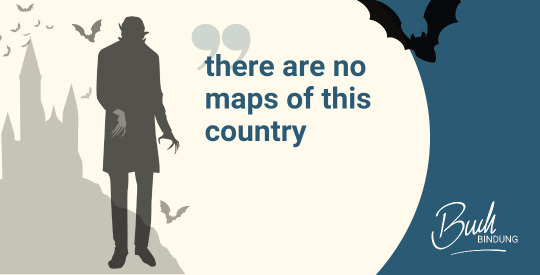
Das unbekannte, dunkle Transsylvanien ist ihm durch die unvertraute Sprache, aber auch durch den ländlichen Aberglauben fremd. Trotz der Wegbeschreibungen der Einheimischen hat er Schwierigkeiten, das Schloss ausfindig zu machen und ist völlig orientierungslos, da seine Umgebung in Schatten und Zwielicht versinkt.
Stoker bedient sich sowohl des Licht- und Schattenspiels als auch der Abwesenheit eben jener Schemen, um den Einfluss der Umgebung auf die menschliche Psyche darzustellen.
#book quotes#dracula#bram stoker#bram stokers dracula#vampire#gothic horror#supernatural literature#schauerliteratur#german blog#buchtipp#buchblogger#buchzitat#vampirgeschichte#english literature#irish literature#englische literatur#literatur#bücher#buchempfehlung#buchblog#gothic fiction#victorian literature#viktorianische literatur
3 notes
·
View notes
Text

Though it might be tempting, don’t venture into hedge mazes…no matter what
Be mindful of triggering the wrath of revenge ghosts lest you become a ghost yourself
Beware the dangers of underestimating “docile girls”—it could be a killer mistake
Summoning an ancient evil demon is NEVER a good idea. Seriously.
Trying to steal someone’s home might cost you your soul. It’s never worth it.
Understand that haunted houses have feelings too—the problem is sometimes they’re evil.
Tips provided by Terry J. Benton-Walker, editor and contributor of The White Guy Dies First: 13 Scary Stories of Fear and Power.
WHAT IT’S ABOUT
Killer clowns, a hungry hedge maze, and rich kids who got bored. Friendly cannibals, impossible slashers, and the dead who don’t stay dead....
A museum curator who despises “diasporic inaccuracies.” A sweet girl and her diary of happy thoughts. An old house that just wants friends forever....
These stories are filled with ancient terrors and modern villains, but go ahead, go into the basement, step onto the old plantation, and open the magician’s mystery box because this time, the white guy dies first.
Edited by Terry J. Benton-Walker, including stories from bestselling, award-winning, and up-and-coming contributors: Adiba Jaigirdar, Alexis Henderson, Chloe Gong, Faridah Àbíké-Íyímídé, H. E. Edgmon, Kalynn Bayron, Karen Strong, Kendare Blake, Lamar Giles, Mark Oshiro, Naseem Jamnia, Tiffany D. Jackson, and Terry J. Benton-Walker.
A collection you’ll be dying to talk about…if you survive it.
#The White Guy Dies First#Terry J. Benton-Walker#Tor Books#Tor#Tor Teen#Nightfire#Horror#Body Horror#Dark Fantasy#YA Horror#Bookblr#Bookworm#literature#library#bookshelf#new books#bookish#Short Stories#Supernatural#Ghost stories
2K notes
·
View notes
Text
how it feels when i get really excited to talk ab a special interest and my friend goes "yeah you've said that before"
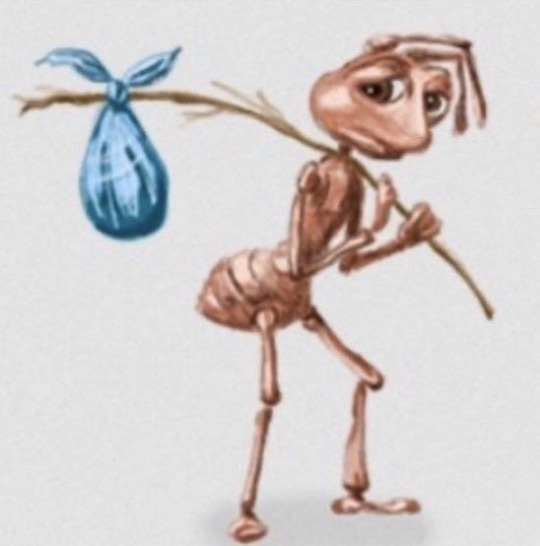
#just let me have this#please#SHHHHHH NO YOUVE NEVER HEARD THIS BEFORE#booklr#six of crows#ouran high school host club#supernatural#disney#the cruel prince#the wicked king#the queen of nothing#how the king of elfhame learned to hate stories#big mouth#south park#doki doki literature club#last night at the telegraph club#to name a few
3K notes
·
View notes
Text

Need to write a 4000 word essay and take a neurobio final before I’m done with the term and both are due Thursday so we’re going back to the procrastination doodles again
#spade pirate sabo au#sabo#my essay is kind of a banger!!#it’s a Japanese literature class#something something the maintenance of systems of power and belief#through the idea that sight and knowledge are power#which interfaces interestingly with the supernatural which by virtue of its unknowability has some inherent value greater than mortals#and how these folktales are a way for the working class common folk to fantasize about the higher class and nobility through storytelling
457 notes
·
View notes
Text

#dark academia#literature#life quotes#poem#poetry#life#supernatural#book quotes#shakespeare#writers and poets#bookblr#books and reading#books#chaotic academia#light acamedia#quotes#spilled ink#spilled thoughts#writers on tumblr
348 notes
·
View notes
Text
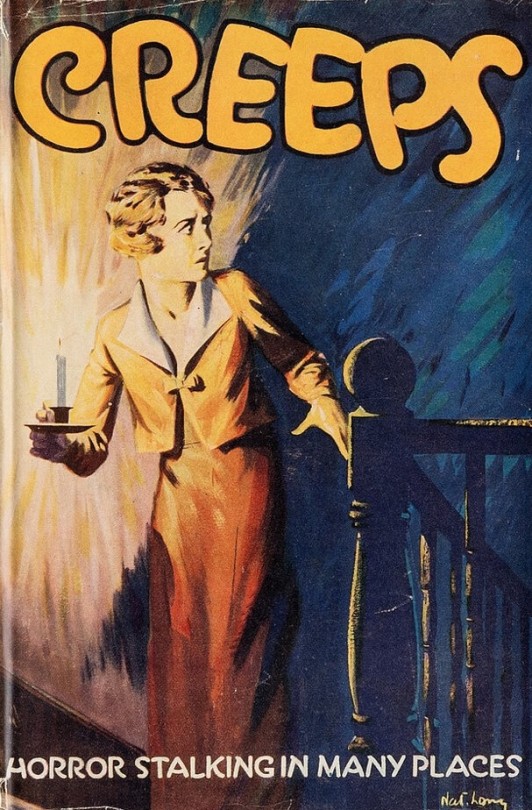
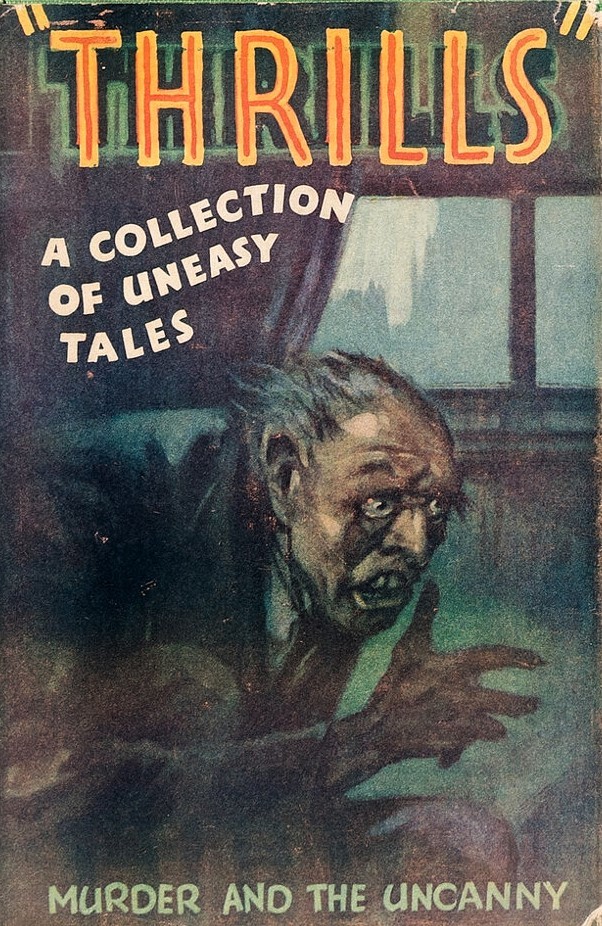
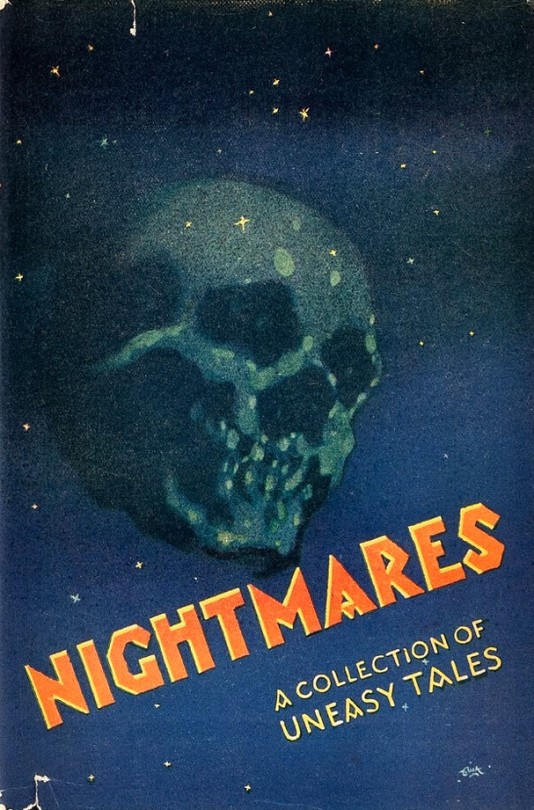
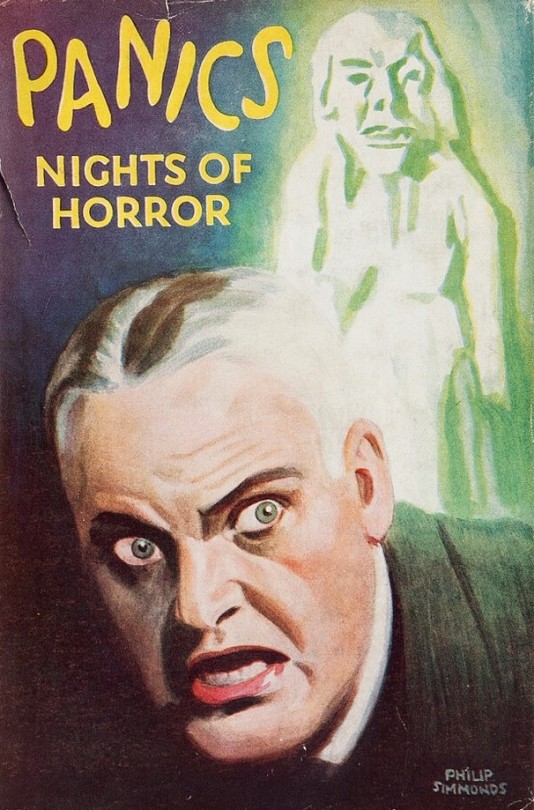
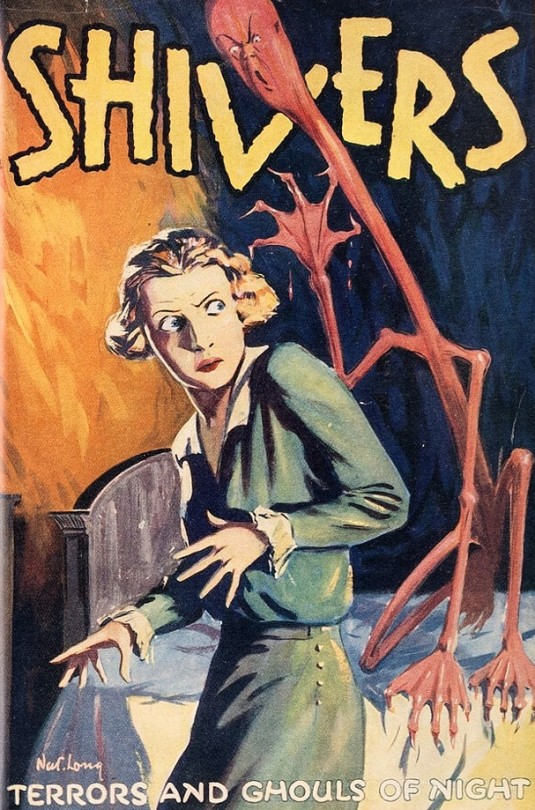
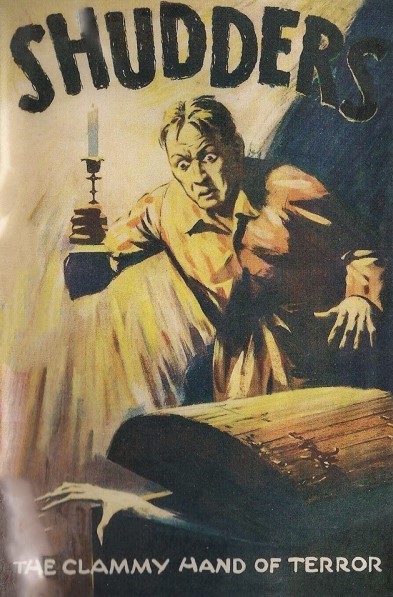
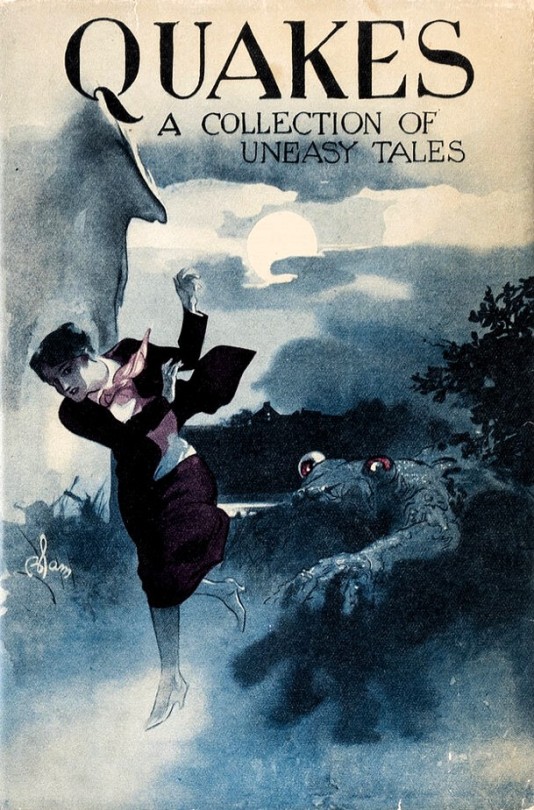
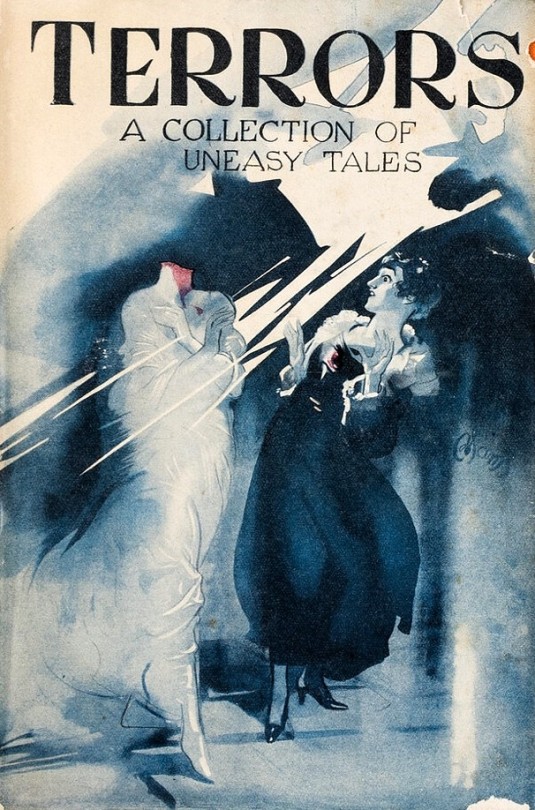
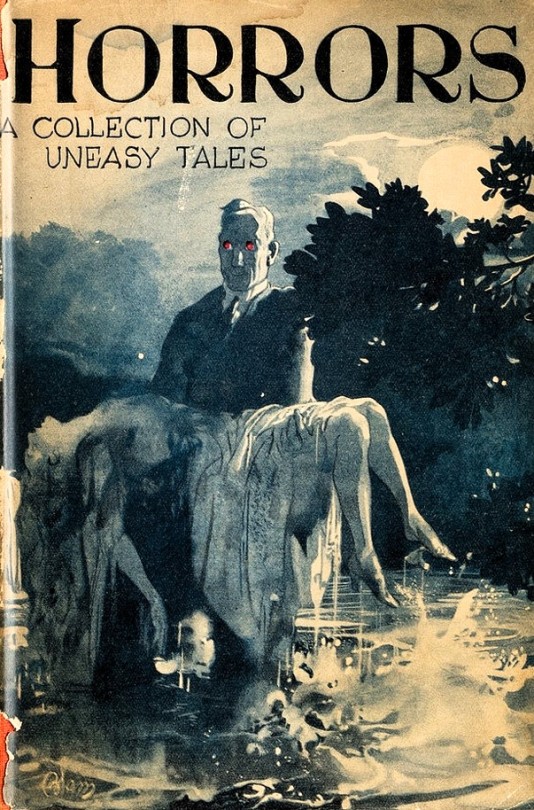
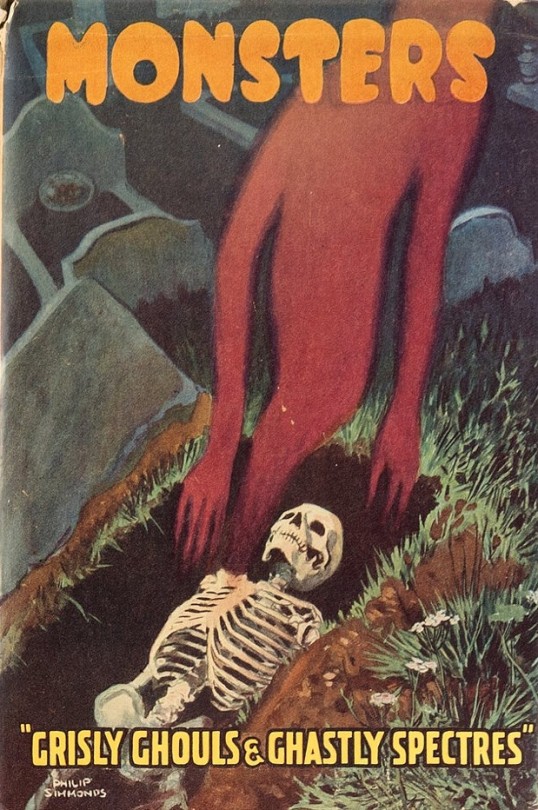
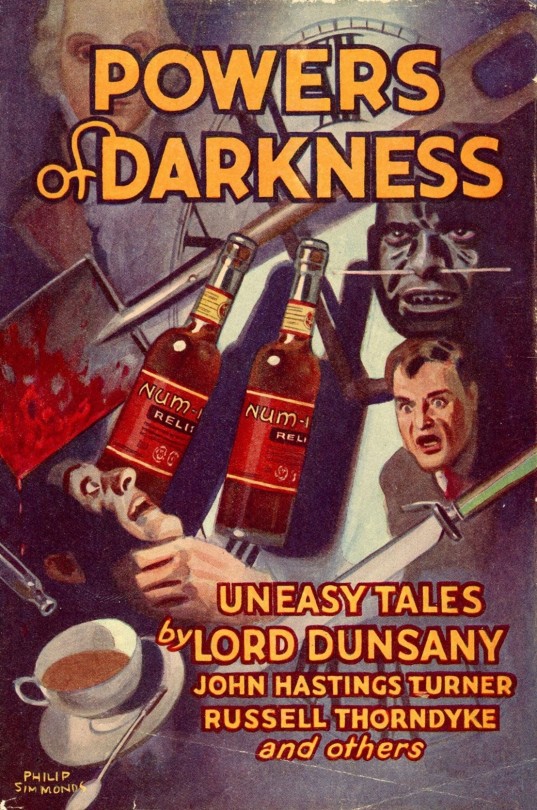
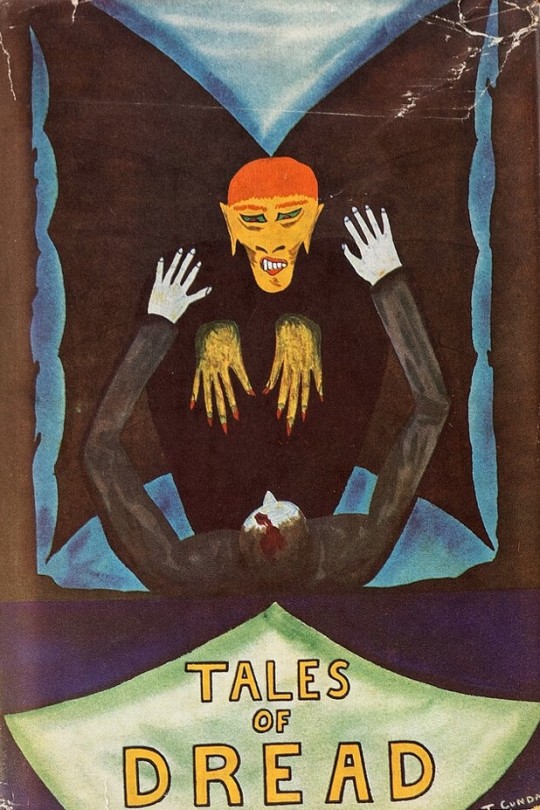
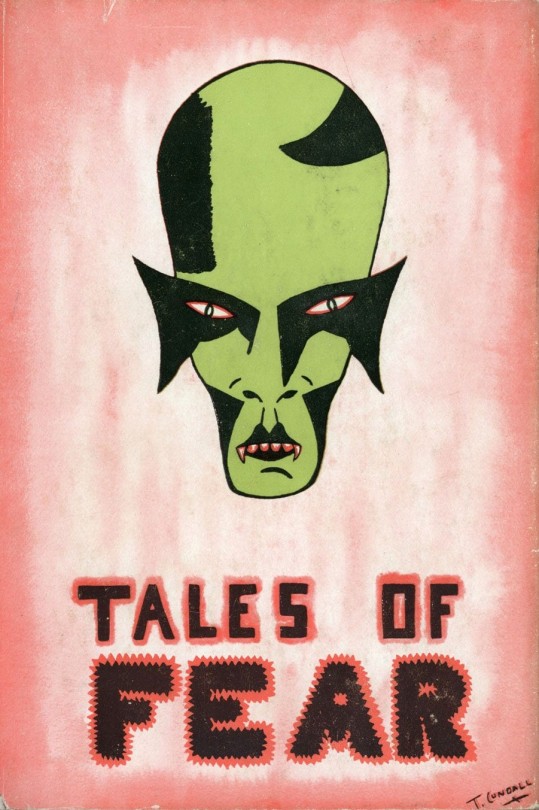
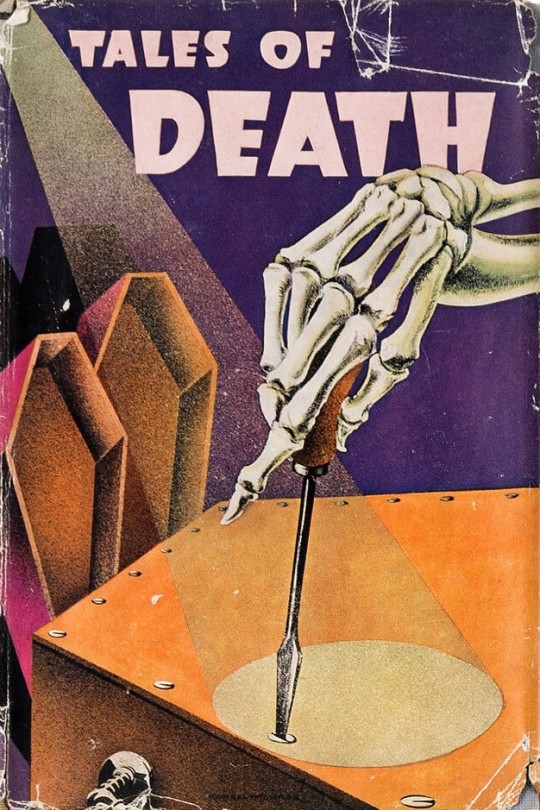
Creeps book series (1932-1936)
#creeps anthology#vintage horror books#vintage book covers#pulp art#horror art#30s horror#charles birkin#horror literature#supernatural fiction#uneasy tales#philip allan publishers#philip simmonds#1930s
404 notes
·
View notes
Text



















there's no canine word for hurt
[dark side of the moon, supernatural || in my time of dying, supernatural || moon song, phoebe bridgers || kuvasz dog wearing a protective collar against wolves || more sketchbook stuff, @/mischievous.dog || how to be a dog, andrew edmund || dream a little dream of me, supernatural || howling, noah kahan || who we are, supernatural || places I've taken my body: essays, molly mccully brown || all hell breaksloose, supernatural || cowboys cry too, kelsea ballerini and noah kahan || home, supernatural || dogbird, madds buckley || sheep comforts dog after wolf attack || skin, supernatural || grit, let dead dogs lie]
#web weaving#dean winchester#supernatural#spn#dog motif#noah kahan#phoebe bridgers#molly mccully brown#kelsea ballerini#madds buckley#grit#dogs#literature
106 notes
·
View notes
Text

“An intense horror-action game—like Jumanji but Japanese-inspired and really disturbing.” —Kendare Blake, #1 New York Times bestselling author of the Three Dark Crowns series
WHAT’S IT ABOUT
Set in a nightmarish underworld, an estranged group of friends return to an evil game to try and save the boy they thought they killed in Kristen Simmons's masterful breakout horror novel, Find Him Where You Left Him Dead.
Four years ago, five kids started a game. Not all of them survived.
Now, at the end of their senior year of high school, the survivors—Owen, Madeline, Emerson, and Dax—have reunited for one strange and terrible reason: they’ve been summoned by the ghost of Ian, the friend they left for dead.
Together they return to the place where their friendship ended with one goal: find Ian and bring him home. So, they restart the deadly game they never finished—an innocent card-matching challenge called Meido. A game without instructions.
As soon as they begin, they're dragged out of their reality and into an eerie hellscape of Japanese underworlds, more horrifying than even the darkest folktales that Owen's grandmother told him. There, they meet Shinigami, an old wise woman who explains the rules:
They have one night to complete seven challenges or they'll all be stuck in this world forever.
Once inseparable, the survivors now can’t stand each other, but the challenges demand they work together, think quickly, and make sacrifices—blood, clothes, secrets, memories, and worse.
And once again, not everyone will make it out alive.
#Find Him Where You Left Him Dead#Kristen Simmons#Horror#YA Fantasy#Fantasy#supernatural#folklore#bookworm#literature#library#bookshelf#new books#bookish#tor books#tor teen#booktok
411 notes
·
View notes
Text

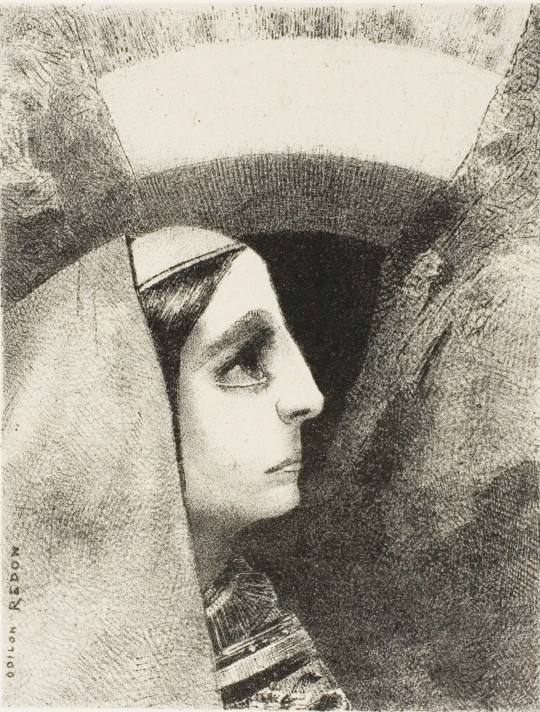
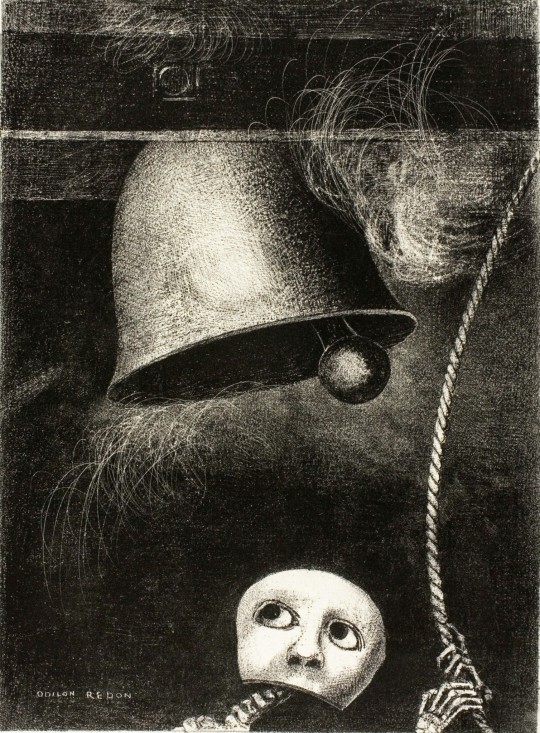
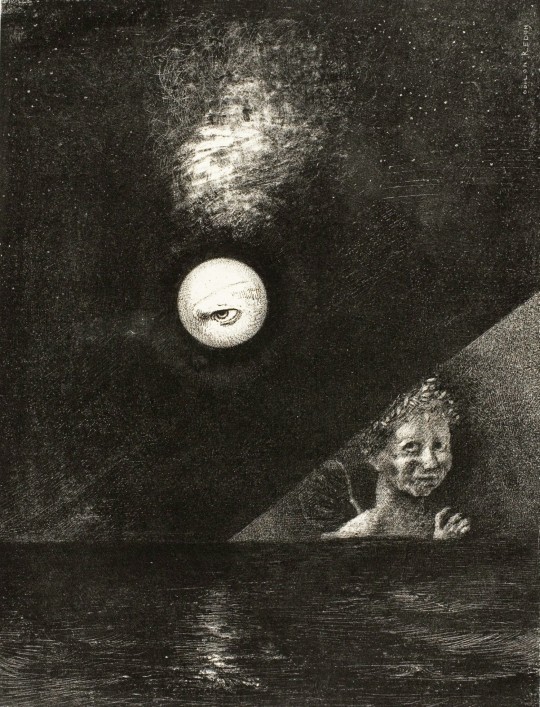
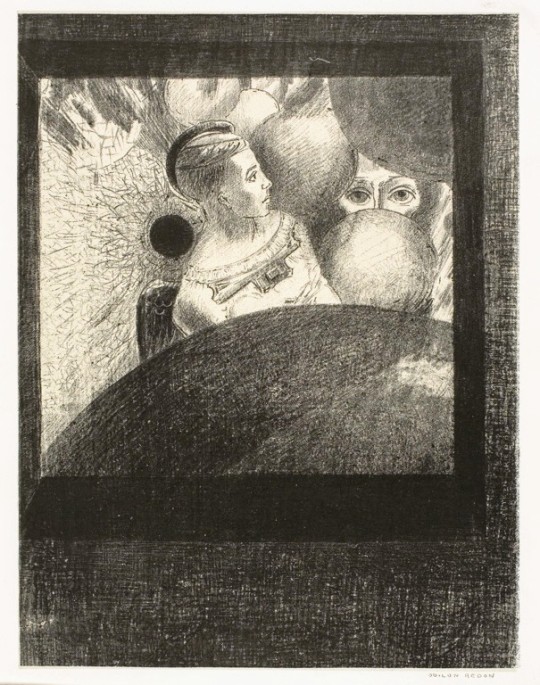
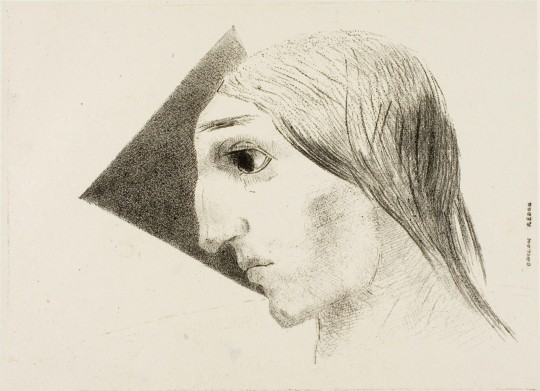
0dilon Redon À Edgar Poe . 1882. A series of six lithographic prints inspired by the writings of Edgar Allan Poe.
#edgar allan poe#gothic#literature#dream#dark#art history#horror#surreal#fantasy#dark academia#19th century#odilon redon#eye#weird#supernatural#symbolism#lit#art#halloween#aesthetic
779 notes
·
View notes
Text
Can we talk about the found family trope and queer-coded/canonically queer characters? Because there is a ton of overlap between these two.
In their stories, the queer/queer-coded characters no longer have a supportive family for a number of reasons (Hiccup refuses to kill dragons, Johnny wants to be a singer, Nimona is a shapeshifter, etc). A lot of times these reasons are things that ‘other’ them from people around them, thereby furthering the queer allegory.
And this lack of support is what drives these characters to form/find a found family made of more people who are like them. People who will treat them with the love and support that their family should have. It pushes them into the found family trope.
The prevalence of found family in queer and queer-coded story lines serves to make them more relatable and realistic but it’s also heart breaking that familial rejection is so common that this trope does make it more realistic.
#found family#found family things#trope talk#found family is so common in queer literature#and media#queer coding#httyd#toh#percy jackson#sing#sing 2#nimona#avatar the last airbender#avatar the legend of korra#the dragon prince#tlou#supernatural#six of crows#batfam#spiderman#the witcher#the 100#the owl house#how to train your dragon#just something i noticed rewatching nimona again#personal opinion#ao3#fanfiction#amphibia#assassination classroom
376 notes
·
View notes
Text
*wipes tears* sorry, guys! that wasn't very evil and mysterious of me.
#spilled thoughts#spilled words#lesbian#spilled ink#wlw longing#lesbian pride#spilled feelings#spilled writing#wlw post#sapphic love#bpd vent#actually borderline#spilled poetry#sapphic yearning#sapphic post#so me#writing community#writers on tumblr#actually autistic#emotions#literature#lit#dark academia#light academia#supernatural#romance academia#love writing#deep thoughts#sapphic pining#im so evil
73 notes
·
View notes
Text

“Changing the horror game one short story at a time.” —Cosmopolitan on The White Guy Dies First
WHAT IT’S ABOUT
The White Guy Dies First includes thirteen scary stories by all-star contributors and this time, the white guy dies first.
Killer clowns, a hungry hedge maze, and rich kids who got bored. Friendly cannibals, impossible slashers, and the dead who don’t stay dead....
A museum curator who despises “diasporic inaccuracies.” A sweet girl and her diary of happy thoughts. An old house that just wants friends forever....
These stories are filled with ancient terrors and modern villains, but go ahead, go into the basement, step onto the old plantation, and open the magician’s mystery box because this time, the white guy dies first.
Edited by Terry J. Benton-Walker, including stories from bestselling, award-winning, and up-and-coming contributors: Adiba Jaigirdar, Alexis Henderson, Chloe Gong, Faridah Àbíké-Íyímídé, H. E. Edgmon, Kalynn Bayron, Karen Strong, Kendare Blake, Lamar Giles, Mark Oshiro, Naseem Jamnia, Tiffany D. Jackson, and Terry J. Benton-Walker.
A collection you’ll be dying to talk about…if you survive it.
#The White Guy Dies First#Terry J. Benton-Walker#Tor Books#Tor#Tor Teen#Nightfire#Horror#Body Horror#Dark Fantasy#YA Horror#Bookblr#Bookworm#literature#library#bookshelf#new books#bookish#Short Stories#Supernatural#Ghost stories
917 notes
·
View notes
Text
so like what's up with christian denominations in supernatural huh. s1 sam is explicitly coded as catholic -- the crucifix he dreams at jess' grave, his rosary, his extremely complicated relationship with revenge. in seasons 3-5 you've also got his obsession with repentance and an internal wrongness that must be expunged, akin to a very physical form of confession. but like. supernatural Itself, the TV Show Supernatural, is so extremely millenarian. it's like. seventh day adventist type millenarian. its obsession with the book of revelation, its adherence to religio-fascist ideals of masculinity & the nature of right and wrong -- it's all SO american protestant. plus the americana aesthetic itself that the show essentially exists to embody is also inherently protestant. so like. whats the deal! is this the story of a catholic character trapped in a protestant telling of the rapture, and the damage that does to his psyche? is this about the good all-american image of a protestant boy (dean) trying his best to bring the no-good backwards catholic (sam) into the light? why is sam a jesus figure if jesus is such a blatant non-entity within the world of the show??? how many of the writers do you think have read left behind
#bees speaks#supernatural#person who has taken too many religion/apocalypse/religious literature classes: wow this is just like in the bible...
54 notes
·
View notes
Text

99 notes
·
View notes
Text
I’m taking a queer classic literature course and I can’t stop thinking about how one day the myth of Destiel might be included in textbooks just like Achilles and those other gay greek hoes
#i argue that destielgate was just as influential for our time as the story of achilles was in Alexander the great’s time#don’t take this post too seriously#supernatural#castiel#spn#destiel#cas and dean#supernatural thoughts#dean winchester#classic literature#patrochilles#alexander the great#hephaestion#patroclus#achilles#greek mythology#spn headcanon
380 notes
·
View notes